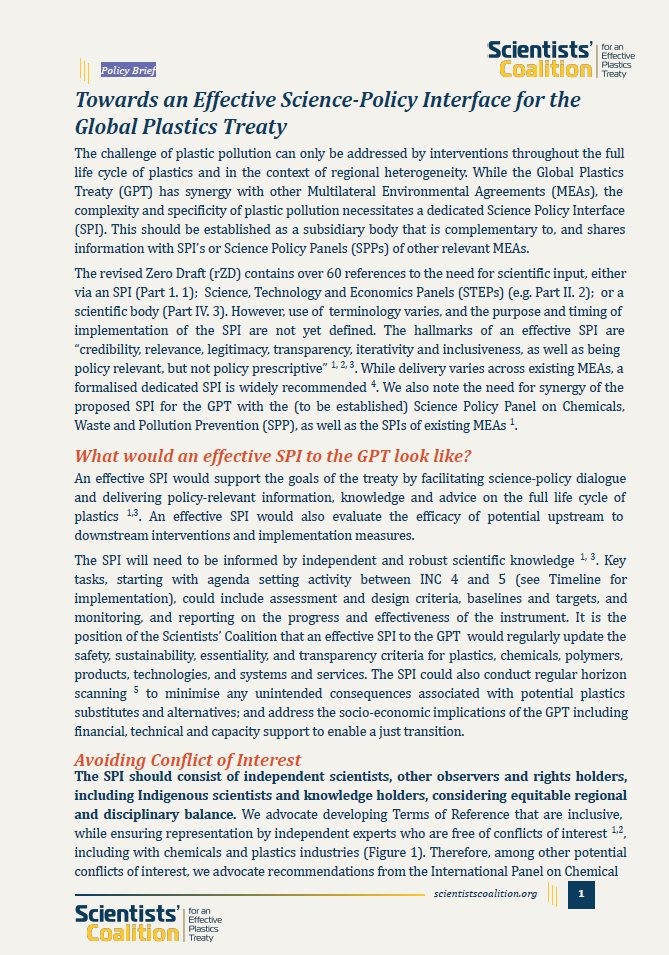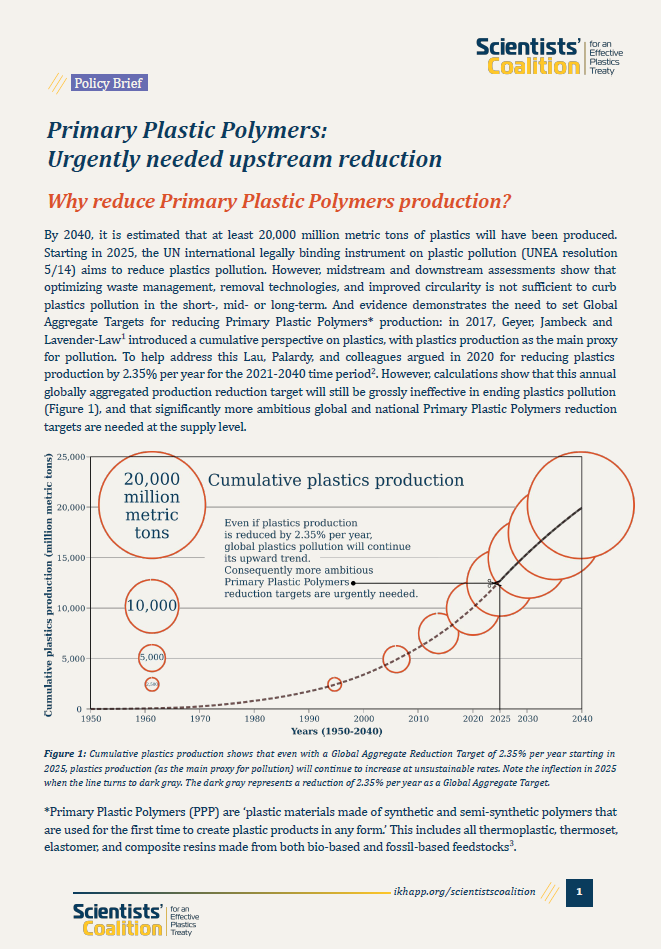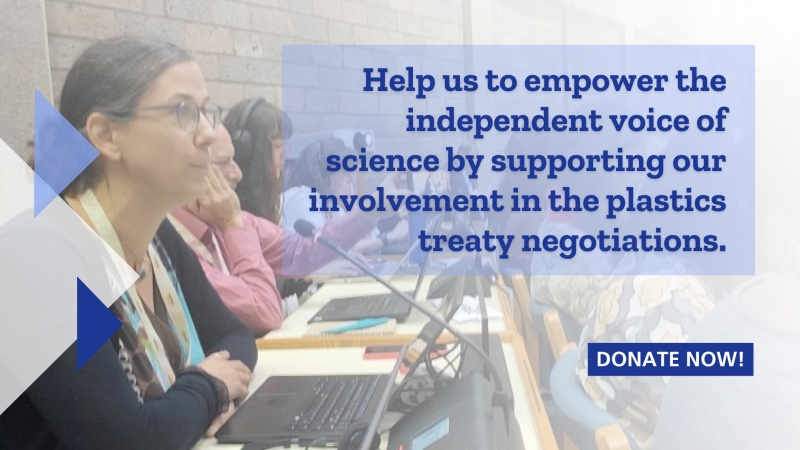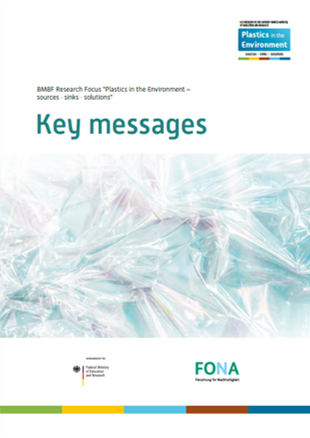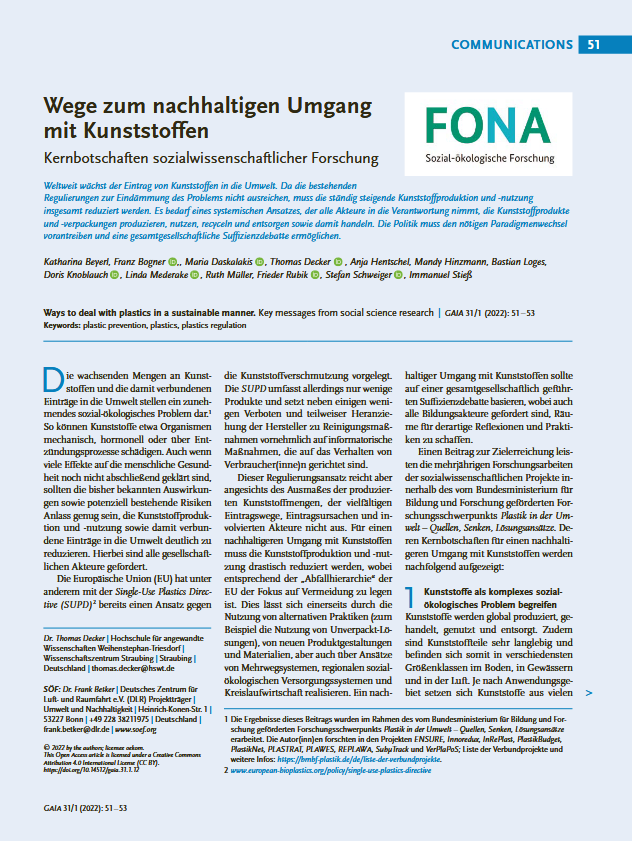Plastics & The Environment – Responsibilities and Implications Between North and South
46th UNEP/UNESCO/BMUV International Postgraduate Course on Environmental Management
- Presentation
- Date
-
- Lecture
On 29 March 2023, Doris Knoblauch and Mandy Hinzmann, both from Ecologic Institute, gave a lecture on "Plastics and the Environment" at a postgraduate course, where 19 experts from ministries, authorities, municipalities, non-governmental organizations and industry from low-income countries and emerging economies were represented and exchanged. The focus was on reducing plastics in the environment, on different responsibilities and concerns from a global perspective on the one hand, and on the textile sector on the other hand.
The core statements of the lecture include:
- Every year, up to 26 million tons of plastic waste end up in the seas and oceans. However, only one per cent of it floats on the ocean surface.
- Scientists and non-governmental organizations are calling on governments to enact stricter regulations to limit plastic pollution. However, the industry lobby is well-funded and tries to prevent regulation.
- There is a clear correlation: the higher the gross national income, the more plastic waste is produced.
- Only high-value plastic (such as PET) is recycled in the North. Other plastic waste is exported to low-income countries.
- The so-called High Ambition Coalition to End Plastic Pollution (HAC) is trying to work towards a strong, legally binding international agreement.
- Europeans, on average, throw away 11kg of textiles every year. As a consequence, a truckload of textiles is landfilled or incinerated every single second and the export volume of used textiles from the EU to low-income countries has increased excessively.
- The EU Textile Strategy (2022) can be seen as an important first step on the way towards a more sustainable fashion industry.
The presentation was part of the 46th UNEP/UNSECO/BMUV International Postgraduate Course on Environmental Management for Developing Countries, organized by the Centre for International Postgraduate Studies of Environmental Management (CIPSEM) at the Technical University of Dresden.



